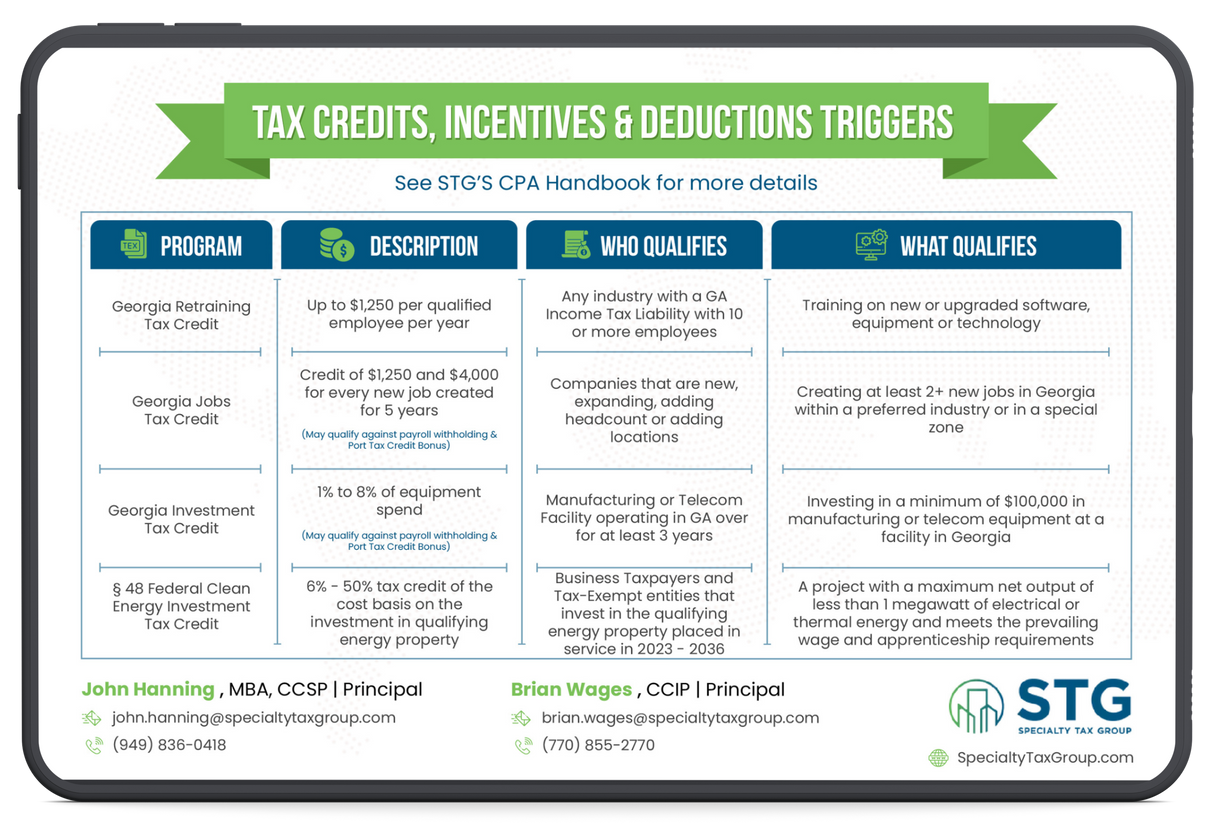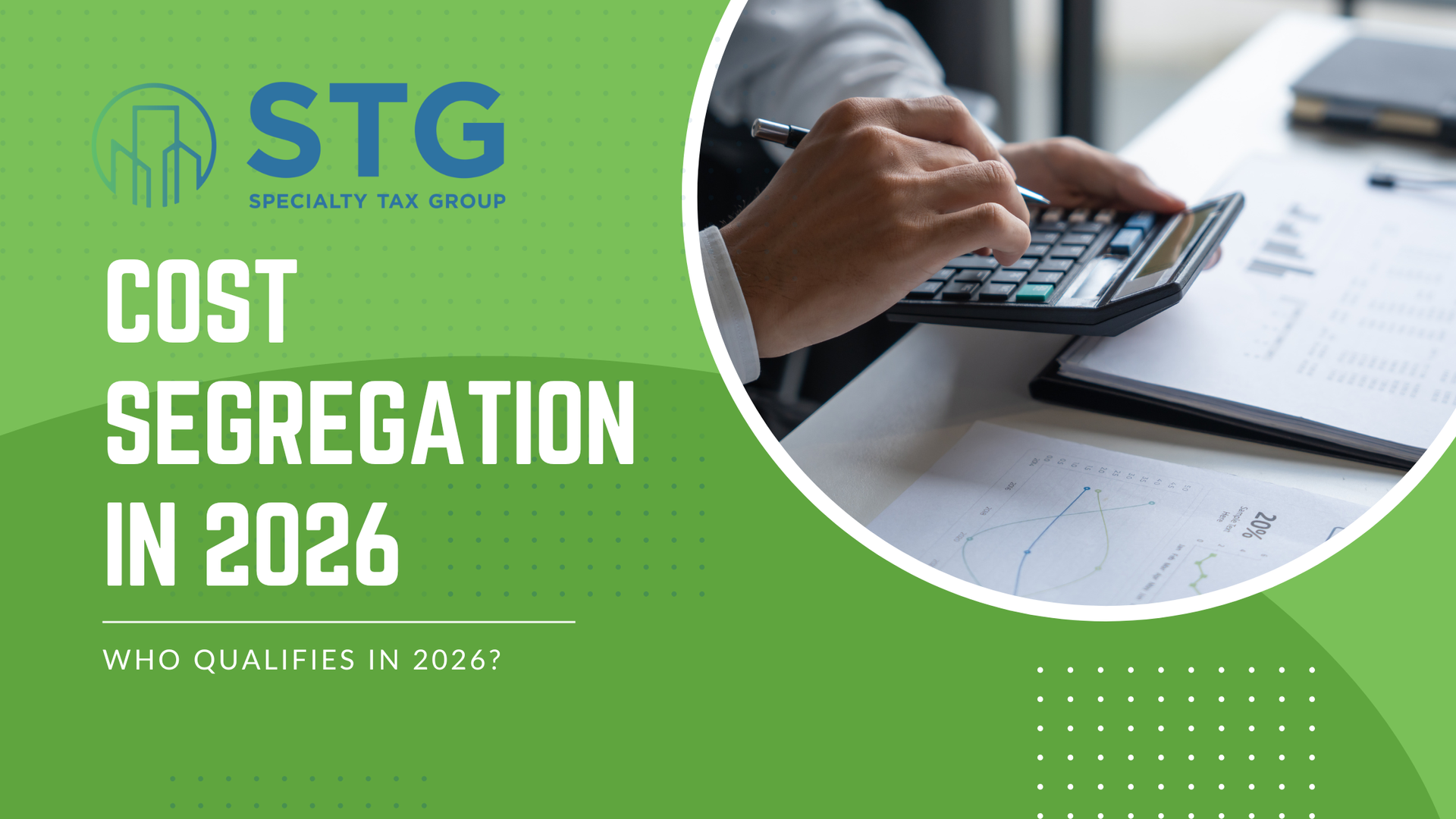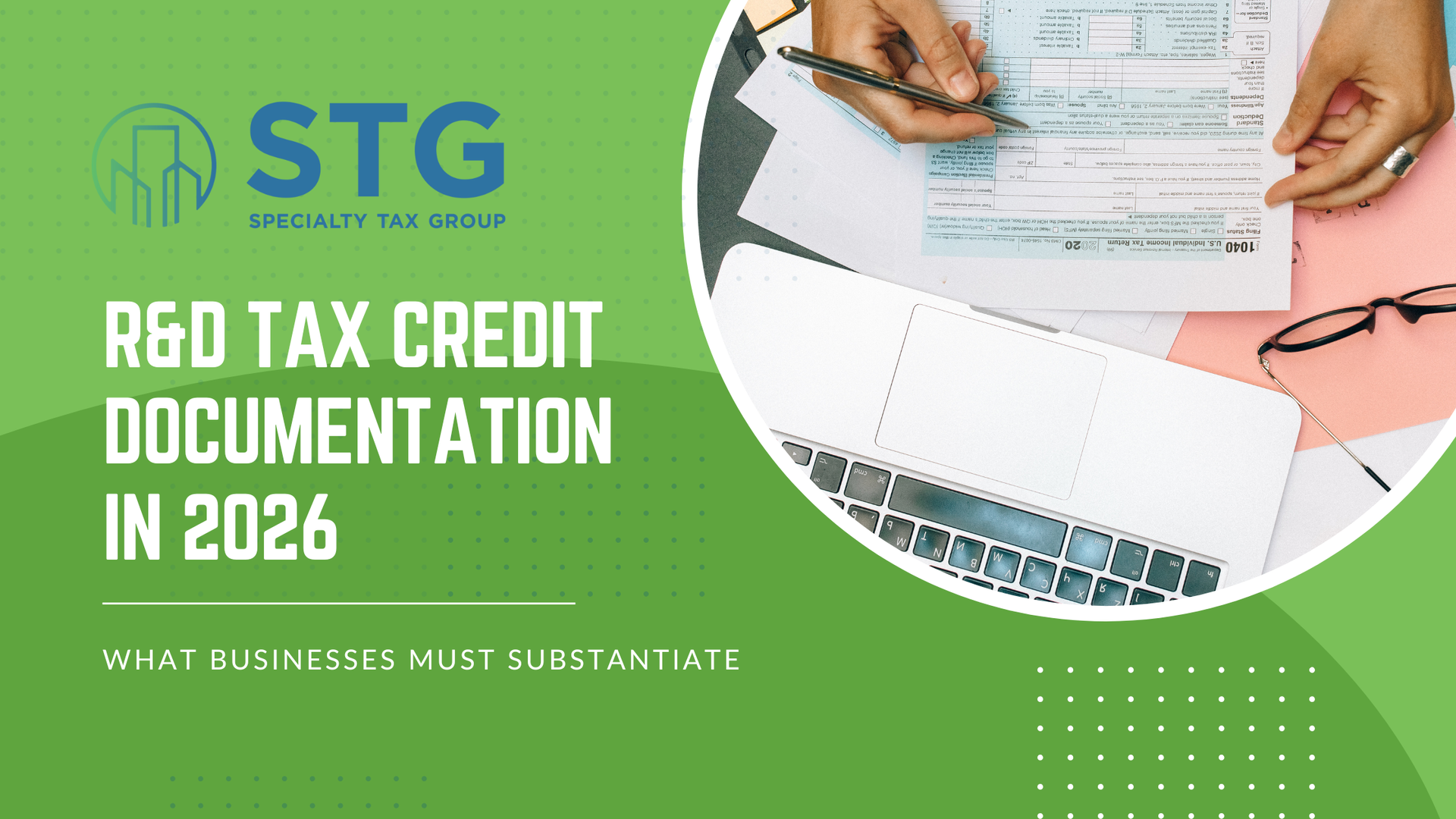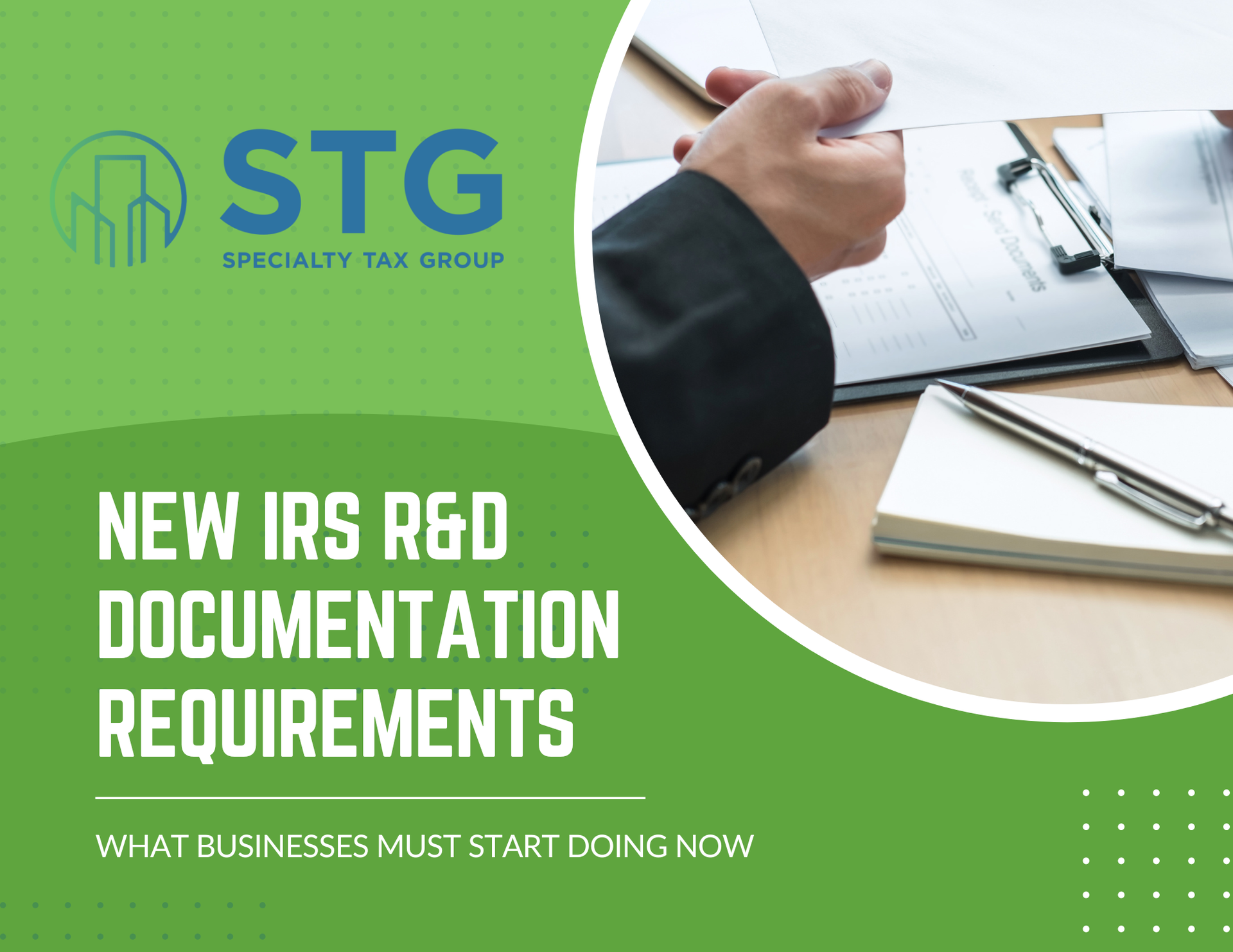This blog post has been researched, edited, and approved by John Hanning and Brian Wages. Join our newsletter below.

The new requirement for tax years beginning after December 31, 2021, where taxpayers must amortize all research & experimentation (R&E) expenditures over a period of five years for domestic research expenditures has been often discussed and much maligned. The increased tax burden for companies is causing tremendous challenges and stifling innovation for taxpayers within many different industries, who have traditionally immediately expensed all R&E expenditures to reduce federal income.
On March 17, 2023, Senators Maggie Hassan (D-NH) and Todd Young (R-IN) reintroduced the American Innovation and Jobs Act (The Act) that aims to repeal §174 amortization requirements and expand the R&D Tax Credit. The Act has bipartisan support and is expected to pass during the 118th session of Congress.
The Act’s primary objective is to restore incentives for R&D investments in the United States and help companies invest in developing new, innovative products that lead to additional jobs and a stronger economy. This bill, if passed, would allow companies to return to being able to fully deduct R&D investments each tax year.
Additional Potential Benefits
The proposed Act would expand the R&D Tax Credit by increasing the cap for the refundable portion from $250,000 to $500,000 and ultimately raising it to $750,000 in ten years. It would also expand the credit rate for startups from 14 percent to 20 percent and expand eligibility for the payroll tax credit by increasing the gross receipts threshold to $15M from $5M. Furthermore, the Act would increase the period startups can claim the refundable credit from five years to eight years.
The bipartisan support for the Act gives great hope that it will be passed during the 118th session of Congress, allowing companies to reinstate full expensing of R&E expenses and expanding R&D tax credits for startups and small businesses.
Next Steps
Our strategy at Specialty Tax Group (STG) is to take a conservative approach and ensure compliance with the law to offset any future interest and penalties, all while minimizing tax liabilities. Proper documentation through an R&D credit study that provides full audit support is key. Our experts can help you navigate these tax law updates and provide guidance for your business's eligibility for R&D Tax Credits. Contact us today at (614) 923-6545 to learn more.





